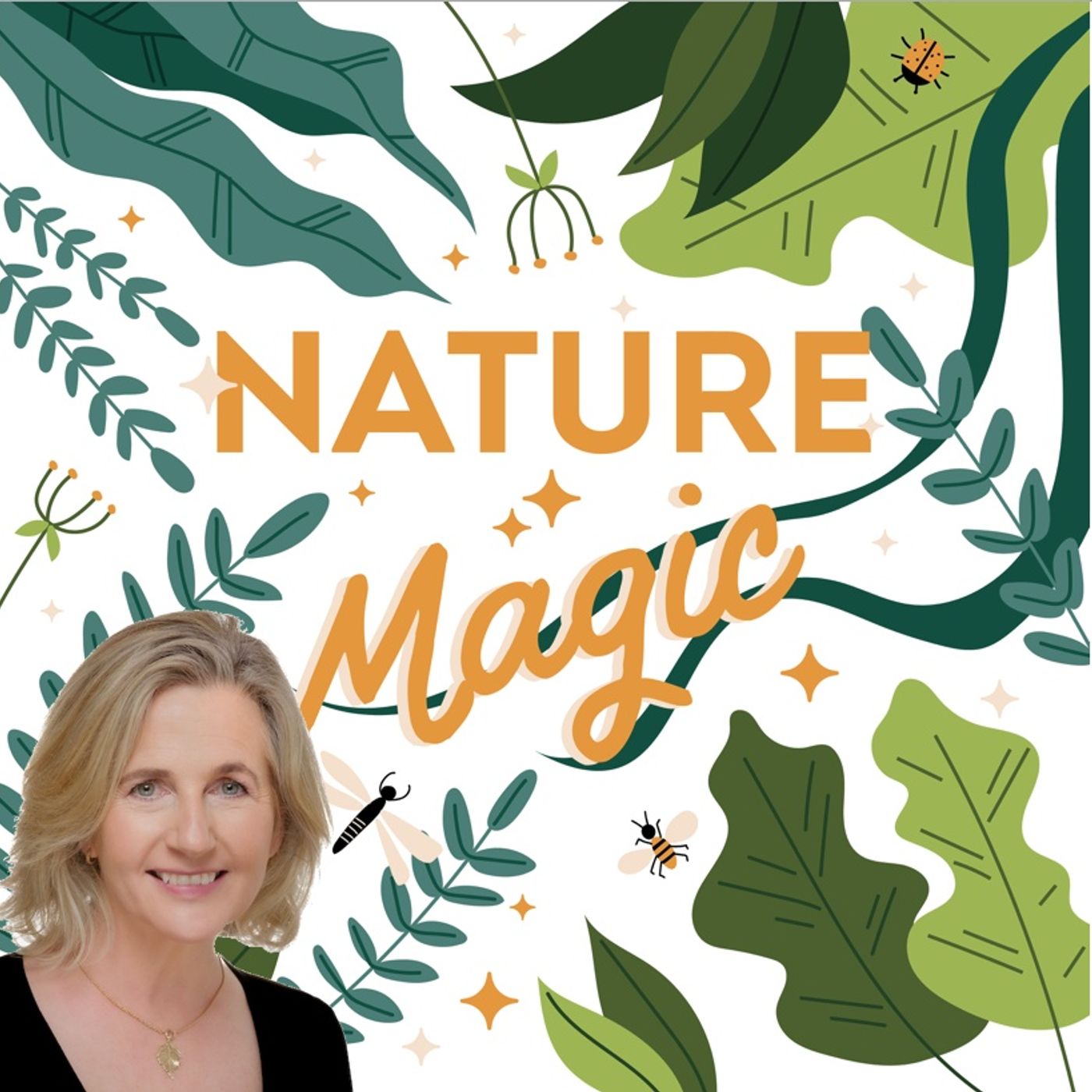76 Victoria Beeler The Butterfly Lady
Description
Today Mary is talking to Victoria Beeler. Victoria is a butterfly enthusiast and enjoys gardening, wildlife, nature, and learning. She and her family have helped with the Smith-Gilbert Gardens butterfly exhibit in Kennesaw, Georgia, U.S.A., and with releasing butterflies there. They have raised Monarchs—from eggs, to caterpillars, to chrysalis, and to emerging butterflies—in an outdoor butterfly garden habitat at home near Atlanta for the first time last fall and then released them into the wild to migrate! It was truly an incredible, inspiring, and transformative experience! Victoria has written a documentary book about her Monarch experience with raising and releasing them. In Journey with Monarchs: A Personal Experience of Raising and Releasing Monarchs in the Home Garden, she combines photos of the Monarchs’ life stages and personal knowledge about Monarchs with the science. Monarchs are so special, and their legacy can be continued by planting native milkweed. Monarchs have also inspired Victoria to give native milkweed seeds as gifts (seeds of hope) to family and friends and Monarch books to children in her community to save and protect Monarchs and continue their legacy. Monarchs bring joy, hope, and continuity. Nature is a blessing. Planting native milkweed and creating a wildlife habitat are important to helping Monarchs, as well as birds, pollinators, and the ecosystem. It also connects people. All of creation is interconnected and weaves together a unique, dynamic tapestry of life. Victoria hopes that, together, we can spread joy to all and save the Monarchs and wildlife!
Victoria's suggestions How We Can Support Nature:
·
Create natural habitat in our yards and communities to support the full life cycles and food webs of local biodiversity and restore species populations. -Garden, pocket prairie/meadow (mini-prairie/meadow). -Try to let it grow naturally. Limit mowing to pathways (reduce mowing).
·
Provide host and nectar plants (host-plant specialists / plant-insect interactions; no milkweed, no monarchs; no flowers, no pollinators; no insects, no balance). -“Insects are the animals that are best at transferring energy from plants to other animals…” (Doug Tallamy, Nature’s Best Hope, 2019). -Also include a “puddling station,” a place in the habitat area where butterflies and moths can absorb minerals from muddy soil and pebbles (place pebbles in a tray with water and mud).
·
Plant native plants and keystone plants (most beneficial to local ecosystems and increase biodiversity, ecological connectivity, and ecosystem function). -Top 20 native trees, like the oak, cherry, and willow, support over 5,000 butterfly and moth species (Tallamy, Nature’s Best Hope, 2019). -Oaks support about 557 caterpillar species- more than any one plant; oaks make the most food; excellent for supporting local food webs; oak = top keystone plant species. -Five percent of the local keystone plant species can host up to 75 percent of local Lepidoptera species (including some local keystone plant species benefits greatly) (Tallamy, Nature’s Best Hope, 2019). -U.S. resource: National Wildlife Federation’s Native Plants Finder, which shows the native plants by zip code that support local species and food webs. -Try to remove and replace non-native, invasive species with native plants. -Balance: Plant mostly native plants, with some exceptions (a habitat space with primarily native and keystone plants benefits greatly; helps local ecosystem; having some native plants is better than none). -Replace with native plants gradually (manageable segments/tasks/goals); a process.
·
Provide shelter for non-migratory, overwintering butterflies and moths (safe caterpillar pupation sites) -Leaf litter for moth caterpillars to drop from their host trees, burrow into the leaves and/or soil, and spin their cocoons. -Leaf litter is also...
More Episodes
The Birds of Ireland, Jim Wilson with photography by Mark Carmody –
Today Mary is talking to Jim Wilson and Mark Carmody.
Jim Wilson in a wildlife writer, broadcaster, tour leader and former chairman of Birdwatch Ireland.
Mark Carmody has a PhD in biochemistry and works as a European Patent...
Published 06/14/24
Published 06/14/24
Today Mary is talking to Anna Murphy. Anna moved to Kinvara in 2001 and raised her three children here, and works in the village. Her main passion is environmental activism, and she has been involved in Plastic Free Kinvara, Kinvara Climate Action, the Ballindereen Kinvara Tree gang and now...
Published 04/17/24


